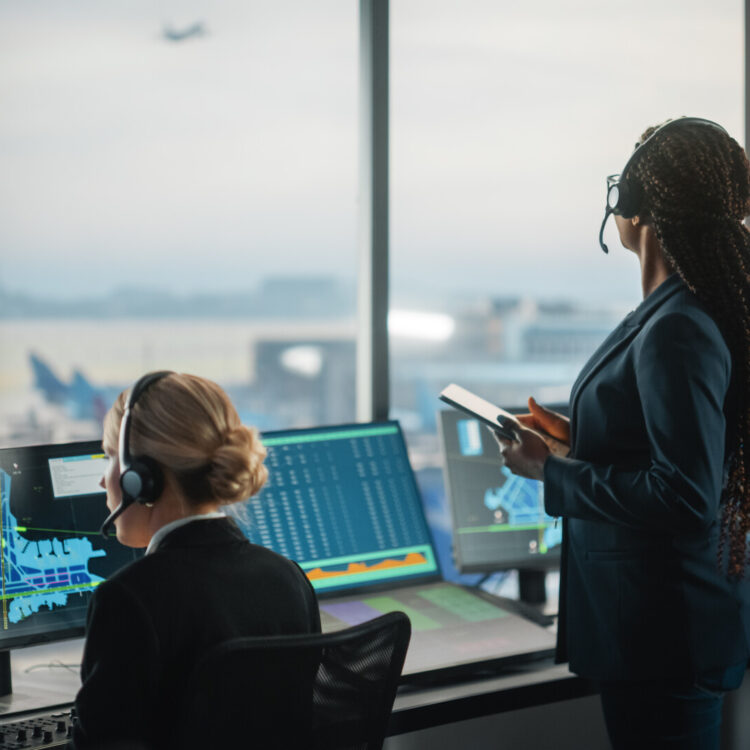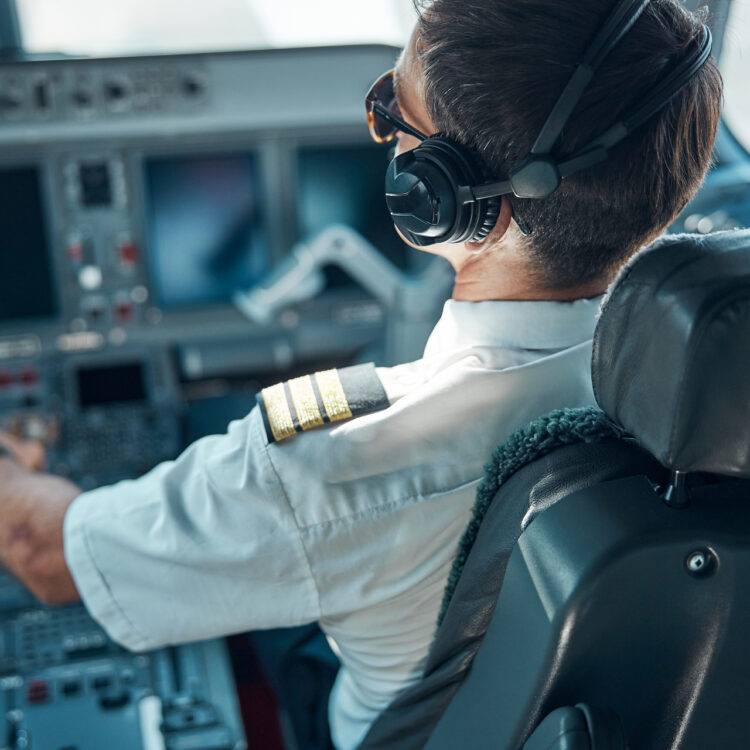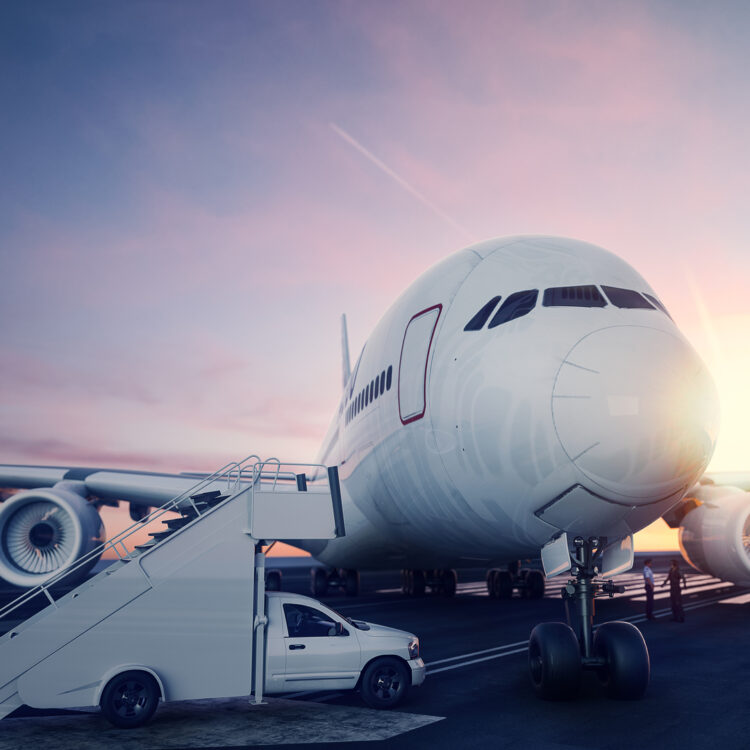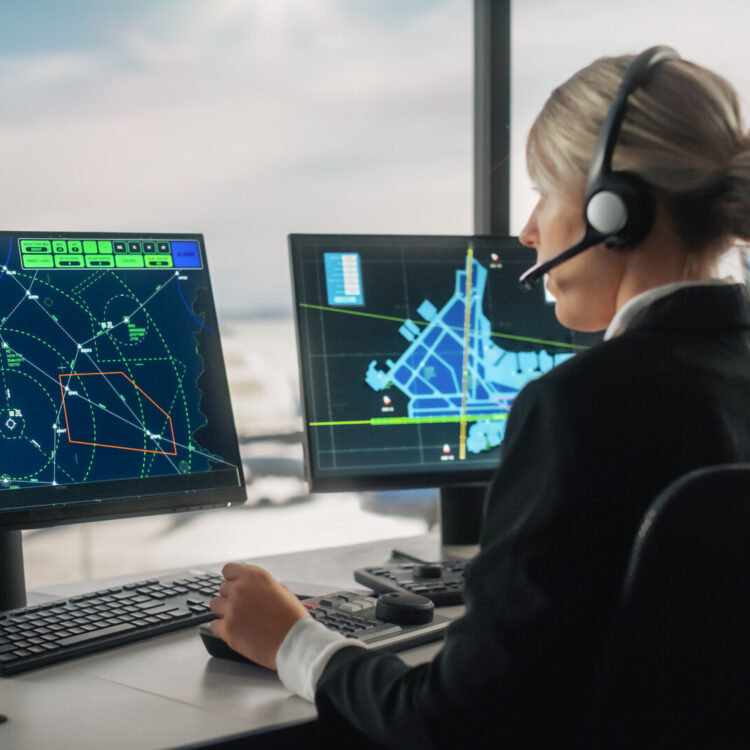Skyplan Aviation Academy
The Flight Dispatcher Career Q&A
Become a GCAA – licensed flight dispatcher in as early as 7 months
Skyplan Aviation Academy
What do Flight Dispatchers do?
Two people are responsible for the operation and safety of every airline flight. The Dispatcher is one of them!
Onboard the aircraft, the Captain is in charge. On the ground, it’s the Dispatcher.
As a Flight Dispatcher, you will be involved with the flight from before it boards until after it has landed.
You will prepare and manage flight plans, check weather forecasts, calculate the quantity of fuel required, assess the aircraft’s technical condition, evaluate the weight and balance of the cargo on the plane, obtain the necessary flight permits and permissions, plan any requirements for pilots and flight attendants, and much more.
It’s a responsible role. Safety is the priority, and the Dispatcher has the authority to change, delay, cancel or divert a flight.
Interested in this fast-moving, challenging and rewarding career?
Skyplan Aviation Academy
What is the procedure to dispatch a flight?
Skyplan Aviation Academy
What are the benefits of being a flight dispatcher?
Skyplan Aviation Academy
What are the advancement opportunities for a Flight Dispatcher?
Success in this field depends a great deal on the individual’s skills and initiative, but experience as a Flight Dispatcher is an excellent foundation for future success.






